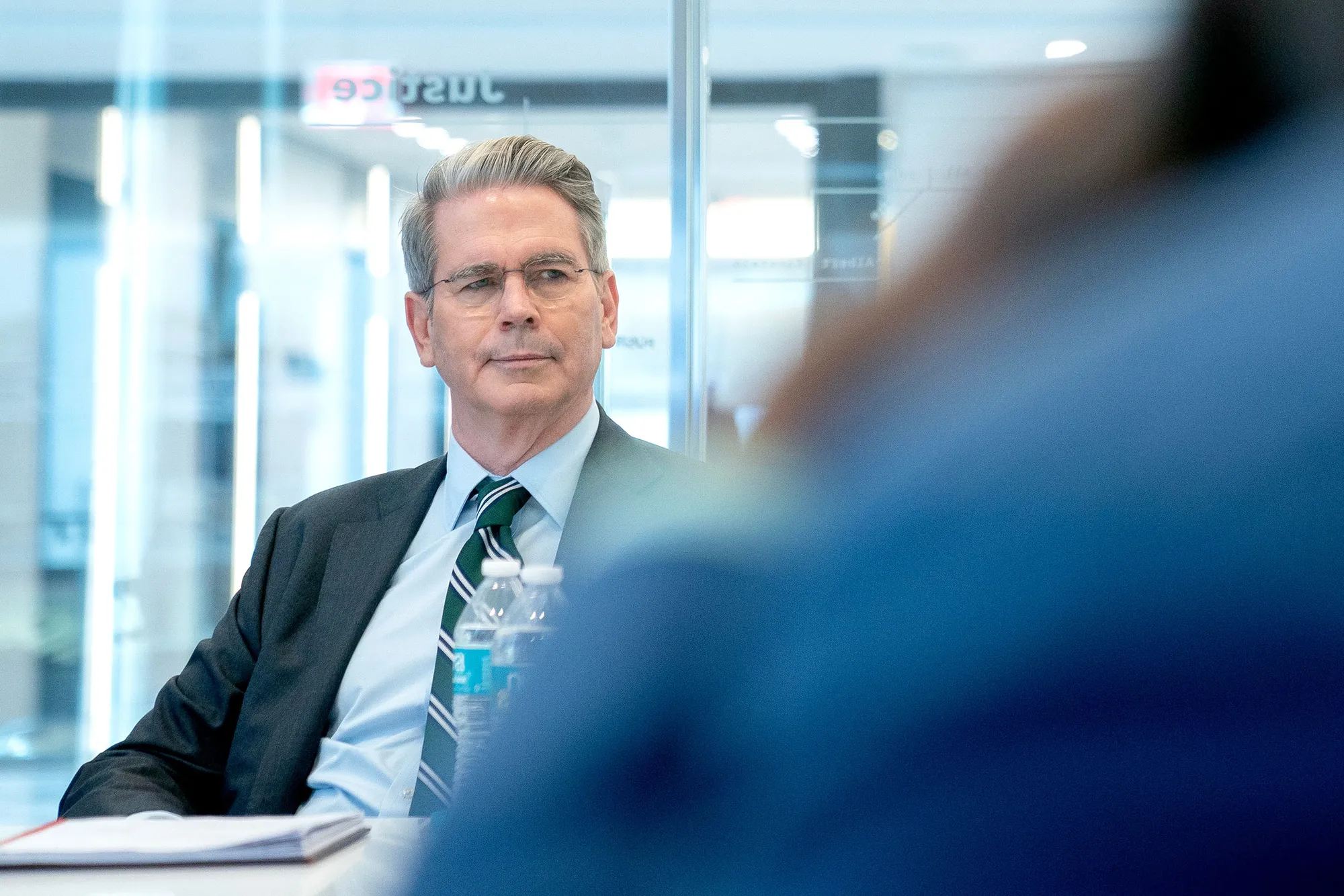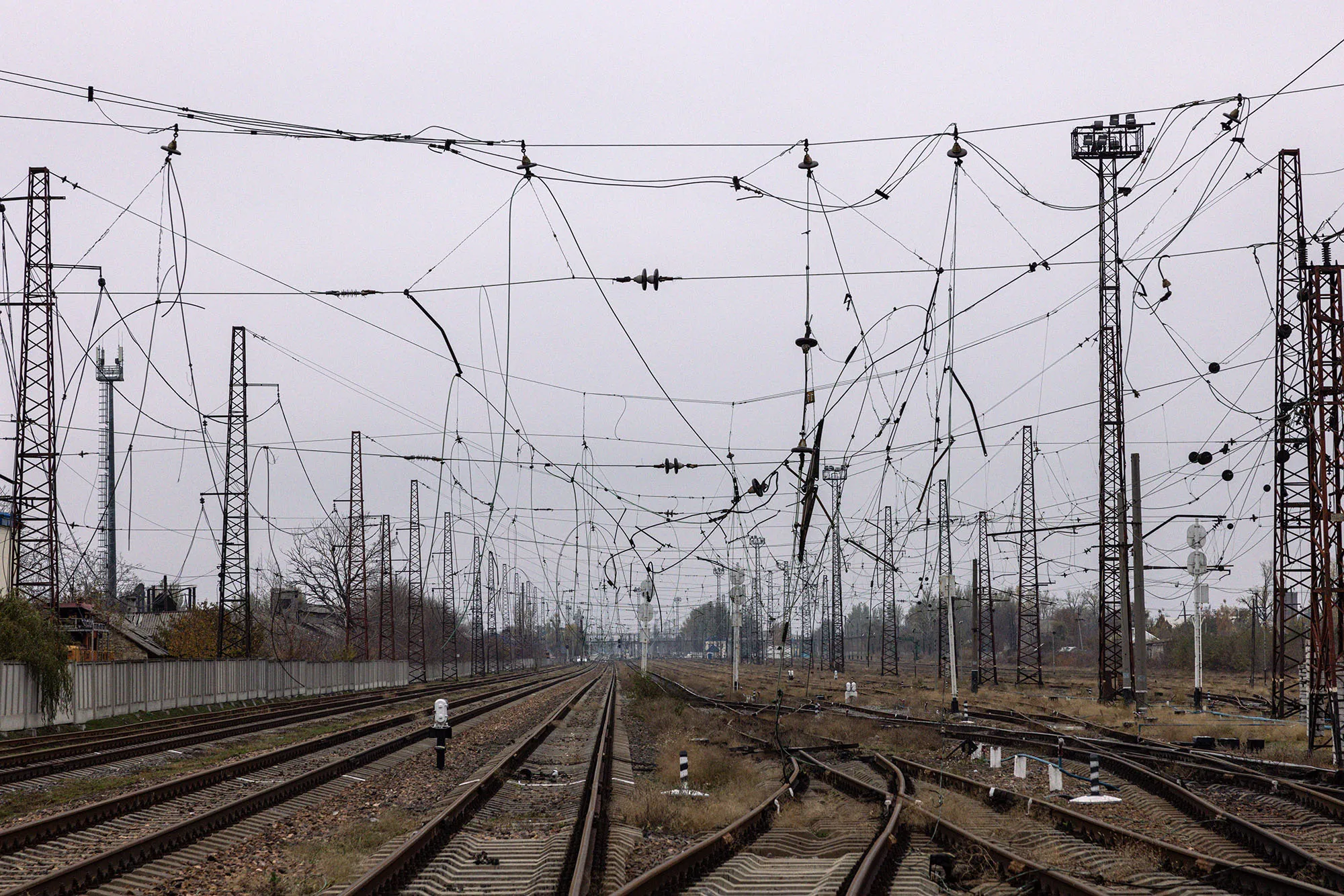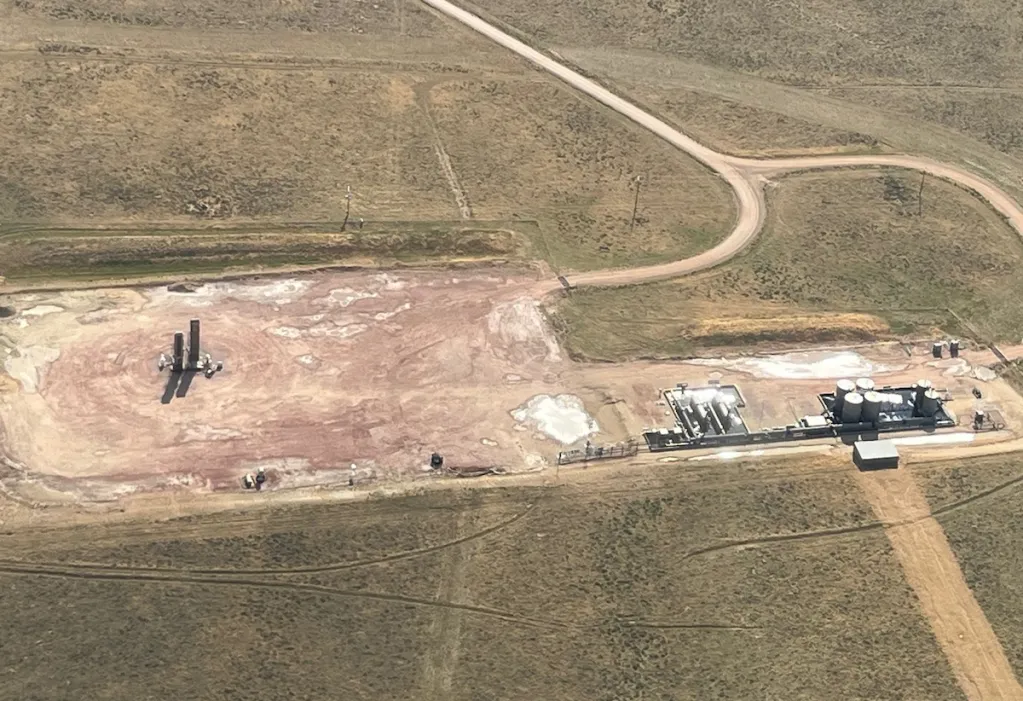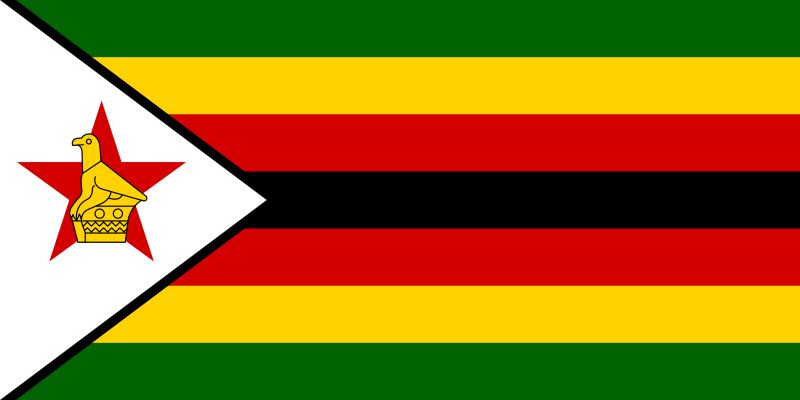UAE Demands Urgent Consular Support for Telegram CEO Pavel Durov Amid Detention in France
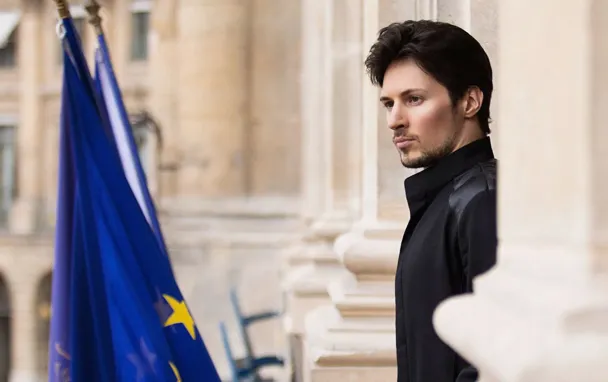
The United Arab Emirates (UAE) has called on France to urgently provide consular services to Telegram CEO Pavel Durov after his controversial detention in Paris.
Durov, a staunch advocate for free speech and an Emirati citizen, was arrested on Saturday at Paris-Le Bourget Airport. French authorities have cited an ongoing judicial inquiry involving alleged criminal activities on Telegram as the reason for his detention.
In a statement released on Tuesday, the UAE’s Ministry of Foreign Affairs emphasized its commitment to ensuring the well-being of its citizens abroad, underscoring that caring for its nationals is a “top priority.” The ministry also confirmed it has submitted a formal request to the French government, demanding all necessary consular support for Durov.
Born in Russia, Durov holds citizenship in multiple countries, including the UAE, France, Russia, and St. Kitts and Nevis. He has been a vocal defender of privacy and free expression through his platform, Telegram. His arrest has sparked significant international attention, with many questioning the motivations behind it.
French President Emmanuel Macron, responding to the uproar, asserted that Durov’s arrest was part of an independent legal process and not politically motivated. He maintained that while France champions freedom of expression, it must be exercised within the bounds of the law to protect the rights and safety of its citizens.
However, critics, including Russian officials and free speech advocates, have decried the detention as a politically charged move, pointing to a perceived double standard in the West’s approach to freedom of speech. Telegram, which boasts close to a billion users worldwide, is widely recognized as a crucial tool for activists, dissidents, and everyday citizens seeking unfiltered communication. The company has defended its practices, stating that it complies with European Union regulations and continuously enhances its content moderation.
Durov’s detention has sparked significant concern, particularly as details about the investigation remain scarce. Under French law, he could be held for up to four days without charge, after which a judge will decide his fate.
As the world watches, Durov’s supporters and advocates for free speech rally around his cause, questioning the broader implications of his detention on global communication freedoms. The UAE’s strong diplomatic stance and demand for consular access underscore the high stakes of this international incident considering the ties between the two nations, which include military collaborations and shared strategic interests. France operates a naval base in Abu Dhabi, and the UAE utilizes French-built military equipment.
With input from Politico and Aljazeera.

